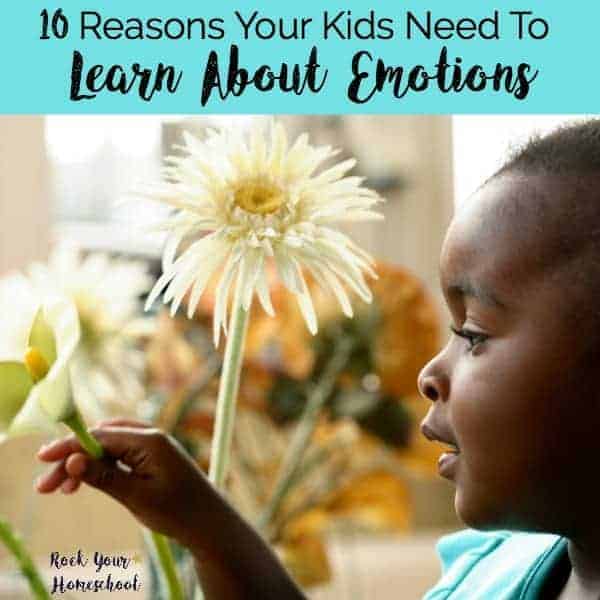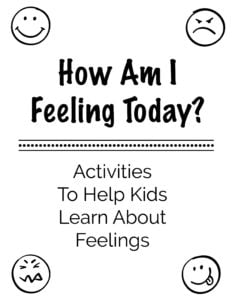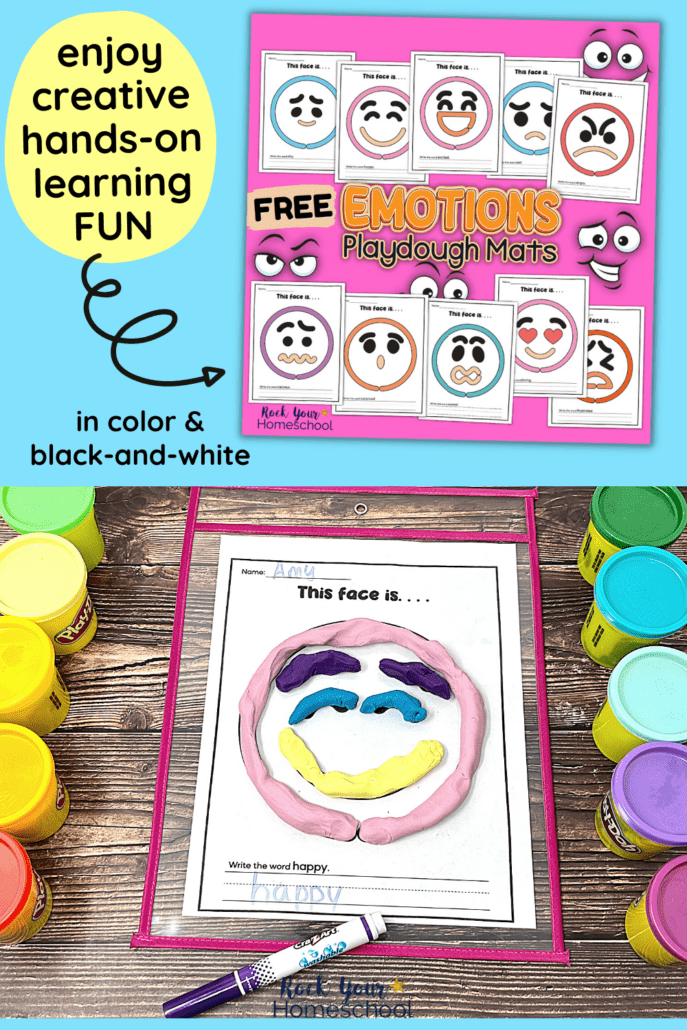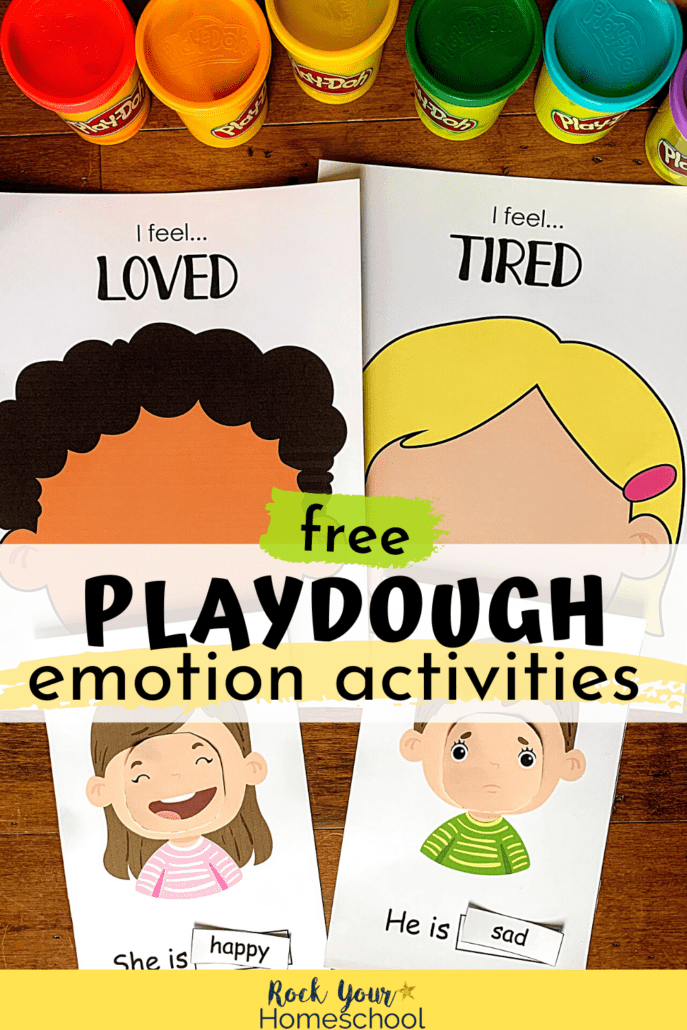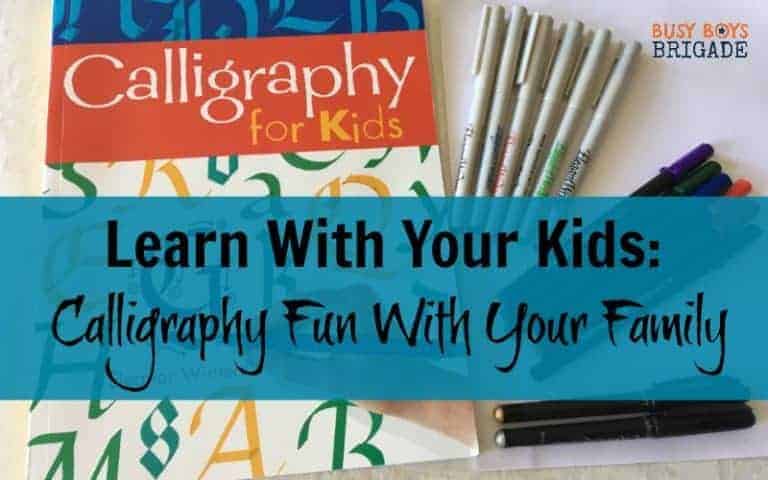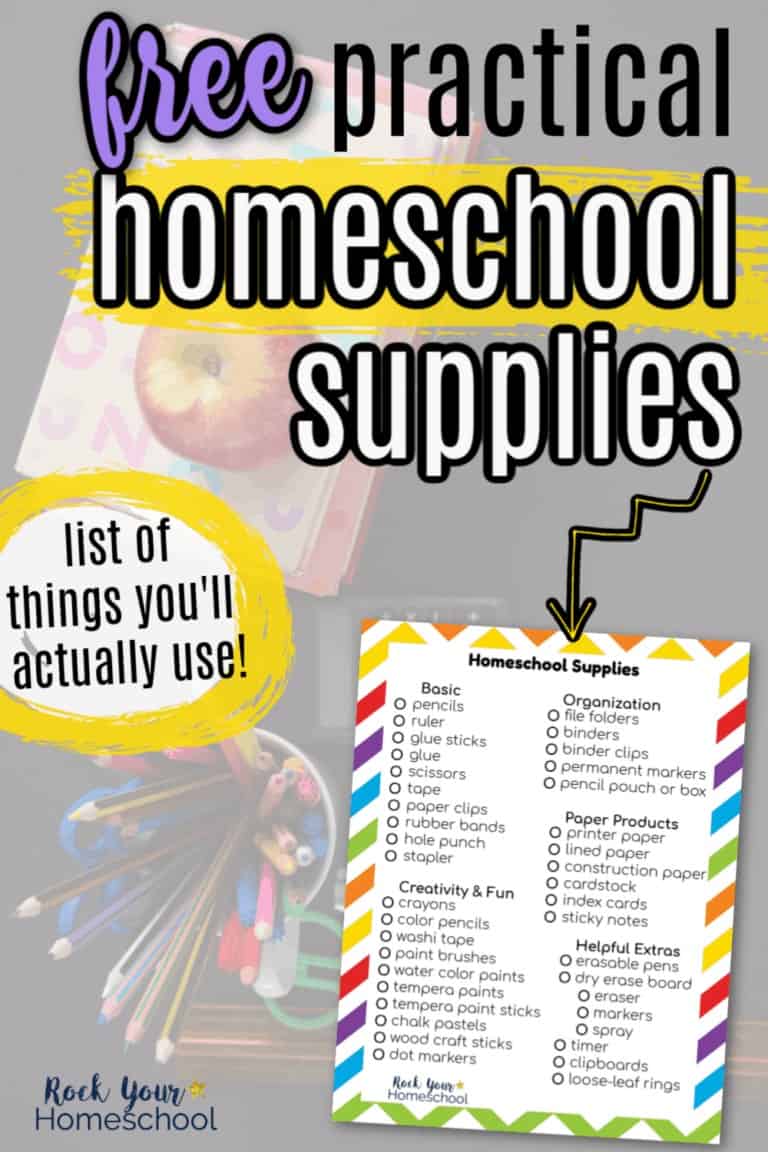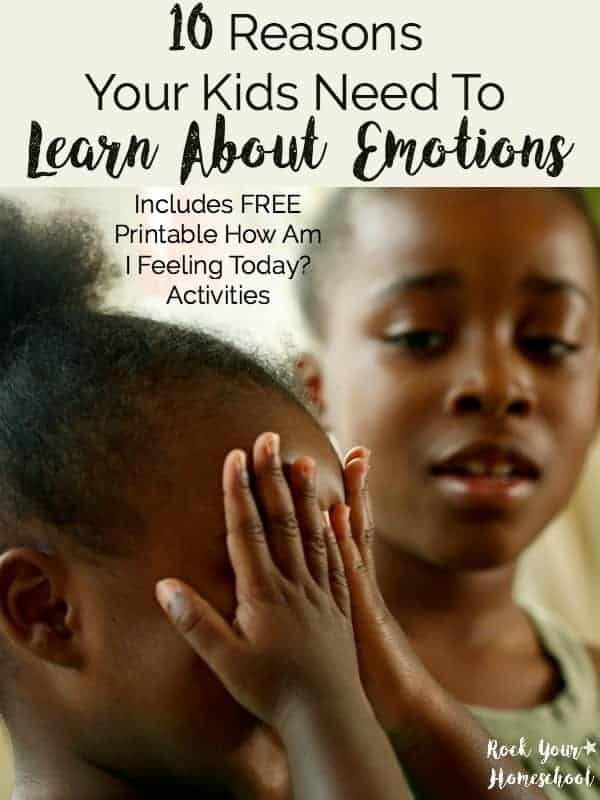
In our modern world filled with technology and crazy schedules, many parents wonder how kids will function as they get older. Screen time and constant activities can make it difficult for children to interact and connect with peers, family members, and loved ones. Are our children getting the real life experiences they need to become fully functioning adults?
What types of concerns do many parents talk about in terms of their kids’ learning? Academics, sports, and activities are all areas that parents want their children to succeed. On the surface, performance in these areas can be practiced and measured.
But, what about those areas that are not easy to quantify and discuss? And are there awards or scholarships offered for these type of deeper life skills and intelligences? If not, some parents may brush them aside and not bother with devoting attention to teaching their kids these valuable lessons.
Emotional intelligence is the life skill that I am referring to here. Psychology Today defines emotional intelligence as “ability to identify and manage your own emotions and the emotions of others.” Although you might not be able to prove or list your emotional intelligence on a college application or resume, this ability is extremely helpful in successfully navigating life.
If you are interested in learning more about emotional intelligence, I highly recommend Daniel Goleman‘s book Emotional Intelligence. I have found it helpful for my personal life, for my boys, and in our homeschool.
Now more than ever, kids need instruction on what it means to be a good and decent person. Just turn on the news or pick up a paper and see all the negative and evil in the world! By teaching and helping your kids learn about emotions, you are providing them with tools to help make our world a better place.
**Make sure to scroll down to get your FREE printable How Am I Feeling Today? pack to
help your kids learn about emotions, build vocabulary and communication skills.
Here are some great books to help your kids learn about emotions:
*Here’s a fun activity to do with this
Dr. Seuss Book, My Many Colored Days.
This ball would be great to use as a fun way to talk about emotions with your kids.
This card game would be great for conversation starters and
other activities to help kids learn about emotions.
Here’s a game your family (suggested ages=5+)
can use to talk about feelings and more!
10 Reasons Your Kids Need To Learn About Emotions
1. Self-Awareness
When your kids learn to identify emotions like anger, sadness, and jealousy, they gain greater awareness of who they are and what they are experiencing.
2. Self-Control
With greater self-awareness comes greater self-control. Once an emotion is identified, your child can then take positive steps to understanding and handling it.
3. Self-Esteem
Kids who have higher emotional intelligence have reportedly higher self-esteem.
4. Empathy
Knowledge about emotions helps children recognize their own feelings and those of others. Empathy is a skill that benefits relationships of all kinds.
5. Compassion
With great awareness of emotions and the development of empathy, kids are more likely to demonstrate compassion towards others. Compassion takes empathy to the next level with actual action and response.
6. Communication Skills
An individual who has an understanding of emotions is capable of higher level communication skills. Typically, they are better able to read body language, facial expressions, and ask questions for clarification when confused over mixed messages between tone of voice and any of these means of communication.
7. Interpersonal Skills
When you are able to determine how another person or group of people are feeling, you are better able to relate at an appropriate level of attention, care, and reaction. I often think of interpersonal skills as “getting vibes”, like taking the temperature of a situation. Kids can use interpersonal skills in conversations, group activities, and even future careers.
8. Reading
Your child’s ability to conduct more accurate character studies, as well as relate to characters and plots, can be enhanced from learning about emotions.
9. Writing
Your child’s writing will soar with increased understanding and vocabulary related to emotions. Writing comes alive when characters and scenes are described with emotionally laden words.
10. Self-Expression In Music, Art, & Other Performing Arts
If your kids enjoy activities like music, art, and drama, learning about emotions will help with interpretation and performance. They will have a greater comprehension of the underlying feelings and ideas within the piece of music, on the canvas, or in the lines.
Tap on the image below to get your FREE How Am I Feeling Today? printable pack. Use these activities to help your child learn about feelings and build their emotional word bank-so important for success in work and play! This printable pack includes:
- How Am I Feeling Today?: Use this sheet daily or weekly to help your child identify and express their feelings.
- Feelings Word Bank: Your child will add new descriptive words for different emotions on this page to use as a resource in practicing communication and writing skills.
- 2 How Am I Feeling Today? spinners: One spinner has 4 categories, the other 8. Print on cardstock and have your child color. Use a brad to attach spinner. Play a fun game of identifying and expressing feelings based on the prompts.










